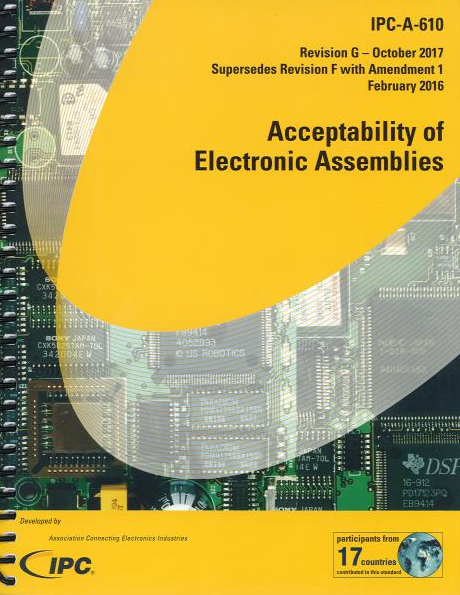
The ubiquity of electronic devices in modern life and the increasing demand for skilled soldering professionals continue to rise in the world of electronics. Acquiring soldering skills with an IPC certification is a great advantage especially when you are thinking of going into a soldering career in electronics manufacturing. Soldering forms the backbone of electronic connection that emphasizes the need for precision and reliability. Its concept as a specialized skill goes beyond basic DIY projects.
Solder is a metal alloy used for electronics that combines tin and lead in different proportions, usually marked on the various types of solder available. Most melting of solder combinations does not occur simultaneously as fifty-fifty solder begins to melt at above boiling point, but it’s not fully melted until it reaches 216 degrees Celsius. In short, between these two temperatures, the solder exists in a plastic or semi-liquid state. But enough of the technical part, this blog is about the people behind soldering and the crucial role of having soldering skills in today’s industries.
Let’s talk about soldering certification. As soldering requires a specific skill set and ability to work with precision, reliability, and quality, it also needs IPC certification which is globally recognized as the standard of excellence. Individuals with soldering certification are trained to have the skills and knowledge needed for integrity throughout the process of manufacturing. Getting IPC certification can lead to more independent, self-reliant workability and higher productivity. It also helps to provide the workers with the skills they need to grow in the workplace. A successful and rewarding career path may be in store for those who pursue a soldering certification.
There are four levels of soldering certification and we will discuss the benefits of each one depending on the current experience and role within the company. The order is on the increasing level of expertise.
1. Certified IPC Specialist or CIS
This certification provides the candidate with a consistent understanding of the design or production criteria within a particular standard. This level of training and certification would greatly benefit assemblers, line operators, supervisors, engineers, and quality personnel who are looking to expand their knowledge and ability within a specific standard used in the electronics manufacturing industry.
2. Certified Standards Experts or CSE
A CSE certification is a subject matter professional with a high level of knowledge and understanding of a specific IPC standard or group of standards. This certification focuses on detailed knowledge of a particular standard rather than skill development and is validated by rigorous timed testing to a particular standard rather than skill development and is validated by rigorous timed testing to demonstrate a fluid knowledge of the materials used in the soldering and manufacturing process.
3. Certified IPC Trainer or CIT
This certification is aimed at those who are interested in or need to train others as CIS at their respective companies. This can also include faculty members of education and training institutions with a need to certify students as CIS as part of a curriculum or Licensed Training Center employees who have not met the criteria for being Master IPC Trainers (MIT). CITs are authorized to deliver and administer CIS-level training and certification exams to those who are attempting to gain IPC certification.
4. Master IPC Trainer (MIT)
This is considered the highest form of training of the four levels of IPC certification. Once this advanced IPC training has been completed, an MIT can train CITs and CISs and provide the first level of technical and administrative support to their trainees.
Certifications largely depend on one’s role within the company and where his/her career in the soldering and electronics manufacturing industry to going in the future. But if you are looking for a reliable IPC certification provider, Blakcfox is the best place to go. They are already known in this industry and continue to deliver quality training.








